Etymologically, boycott is a transliteration of 抵制 (dai2 zai3) in Cantonese, the Sino-Vietnamese pronunciation is "de che", meaning "to prevent, oppose, repel". This term is commonly used in Taiwan, Hong Kong, Macau, Singapore and Malaysia... The first works to use the word "de che" (抵制) are Quan truong hinh ky (官场现形记) by Li Baojia during the Qing Dynasty (chapter 6); Biography of Civilization
(文明小史), chapter 31 and Santou Haiguan Ge (汕头海关歌)… Besides the word "to boycott", boycott is also called "smearing sand" (杯葛), a term used mainly in Taiwan, Hong Kong and Macau, not popular in mainland China.
In business, "smearing sand" is called "butai jin jiong" (不買運動), which refers to the collective act of boycotting an individual, company, or even an entire country. A boycott movement is also called an "embargo" (禁运). Boycotts can include refusing all forms of commerce. In everyday life, boycott has an extended meaning of "isolation." For example, "At school, I was boycotted by my classmates." That is, I was isolated by everyone in my class.
"Bôi cát" (杯葛, bēigé) is derived from the word boycott, named after Captain Charles Boycott. The word boycott was introduced into the English language during the Irish "Land War" of 1880, originating from retired British Captain Charles Boycott, a plantation owner in the town of Mayo, County Mayo, Ireland. At that time, local people found the land rent too high, so they asked the plantation owner to reduce the rent because of a bad harvest. Because the plantation owner did not reduce the rent as desired, the people protested, did not sell their crops during the season, and booed every time the plantation owner appeared. The press in the UK and the US got involved, coining the concept of "boycotting" to refer to this protest, which later formed the term boycott, meaning "boycott" in Vietnamese. In 1968, Lacey O'Neal, an American track and field athlete, coined the term girlcott, which was used during the Summer Olympics in Mexico City. Girlcott is a play on the term boycott, a boycott that focuses on women's rights or actions.
In general, the concept of "boycott" in most languages in the world is derived from the term boycott in English, for example ボイコット(boikotto) in Japanese; 보이콧 (Korean); การคว่ำบาตร (Thai); boicottaggio (Italian) or boicote (Portuguese)...
In short, boycott is the transliteration of the word de che (抵制) in Cantonese, and oc cat (杯葛) is the transliteration of the word boycott in English. Nowadays, when translating the word boycott into Vietnamese, people still use the word boycott or equivalent words.
Source link




![[Photo] Amazing total lunar eclipse in many places around the world](https://vphoto.vietnam.vn/thumb/1200x675/vietnam/resource/IMAGE/2025/9/8/7f695f794f1849639ff82b64909a6e3d)



























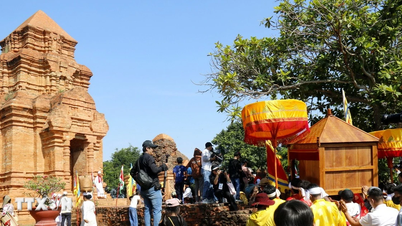





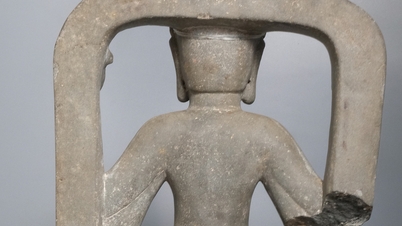
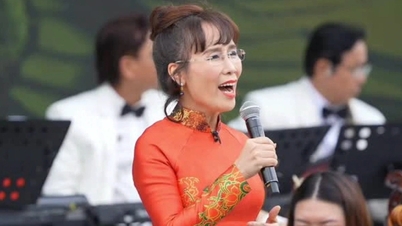





























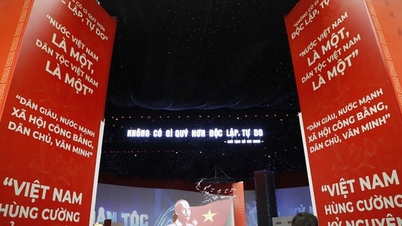
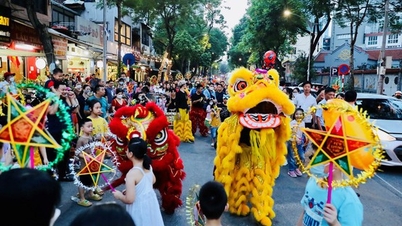

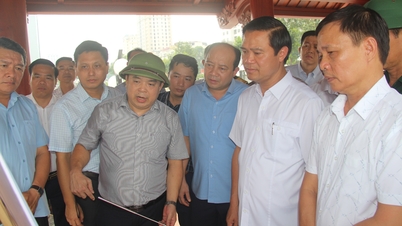

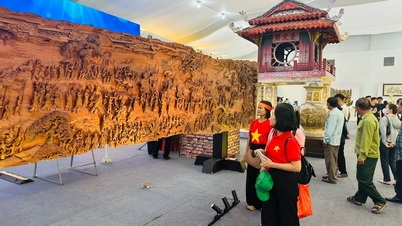









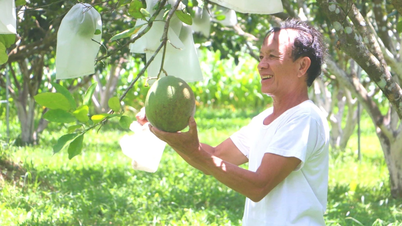








Comment (0)